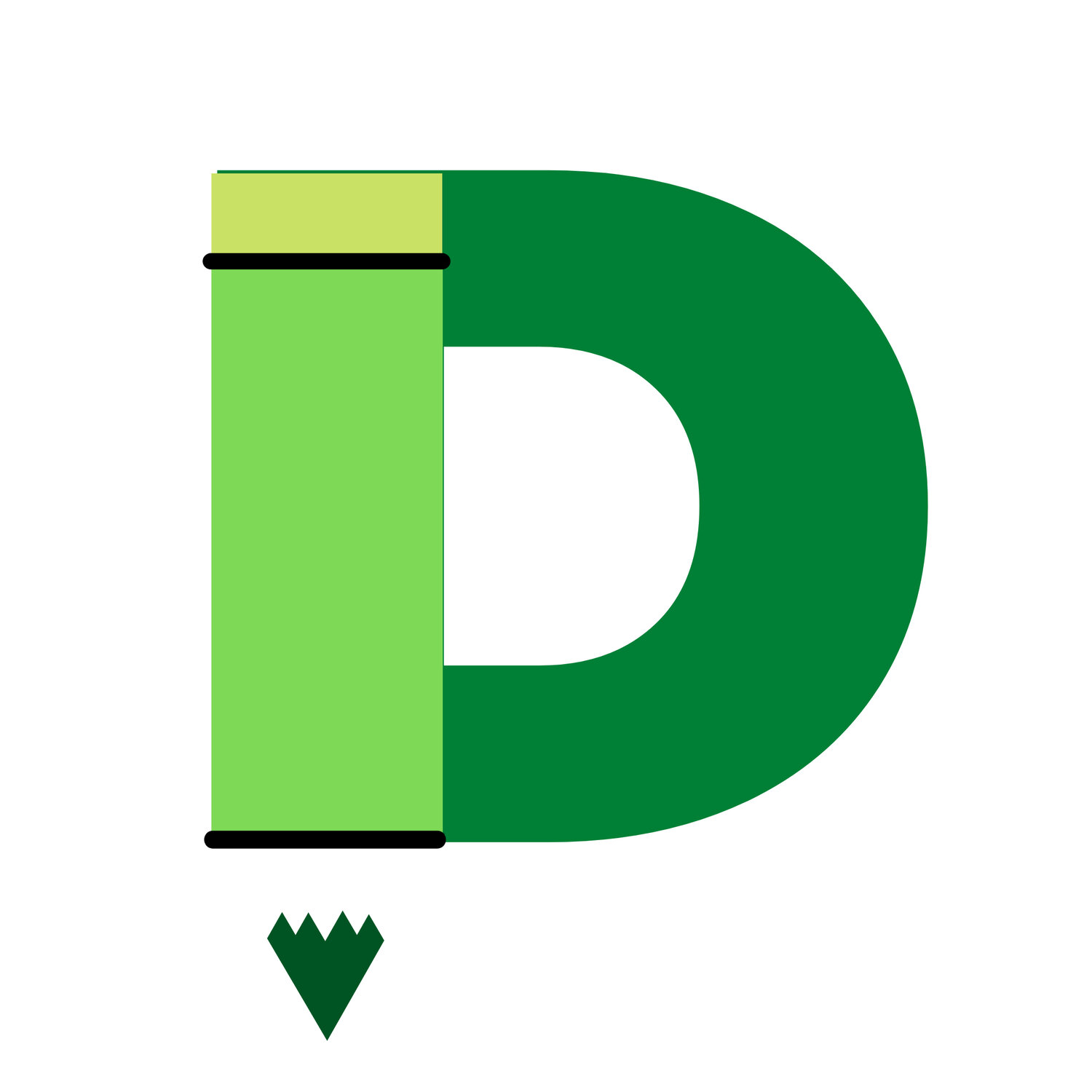Lesson Plans
We want the process of incorporating BIPOC voices and building an anti-racist classroom to be as accessible to educators as possible. That’s why our lesson plans are aligned with national education standards, designed to be flexibly integrated into your existing class curriculum, and include a variety of activities (including interactive slides that can be shared with your students). Whether you use these as stand-alone lessons or adopt a whole lesson plan series, we hope these resources will help you build an empowering community alongside your students. Check back often, we are always releasing new lesson plans!
Grade Level Standards Met

Discovering the World of the Ancient Champa
In this lesson plans, students will learn about the geography, historical development, economics, and culture of the Ancient Champa Kingdom. This lesson is designed to situate into broader curriculum about ancient world civilizations in the sixth grade. Students will practice skills like primary and secondary source analysis, citing evidence to support their answers, compare and contrast, writing, and discussion. Incorporating fun games and an archaeological activity, this lesson plan will keep students engaged and ask them to question the typical narratives they learn in history!
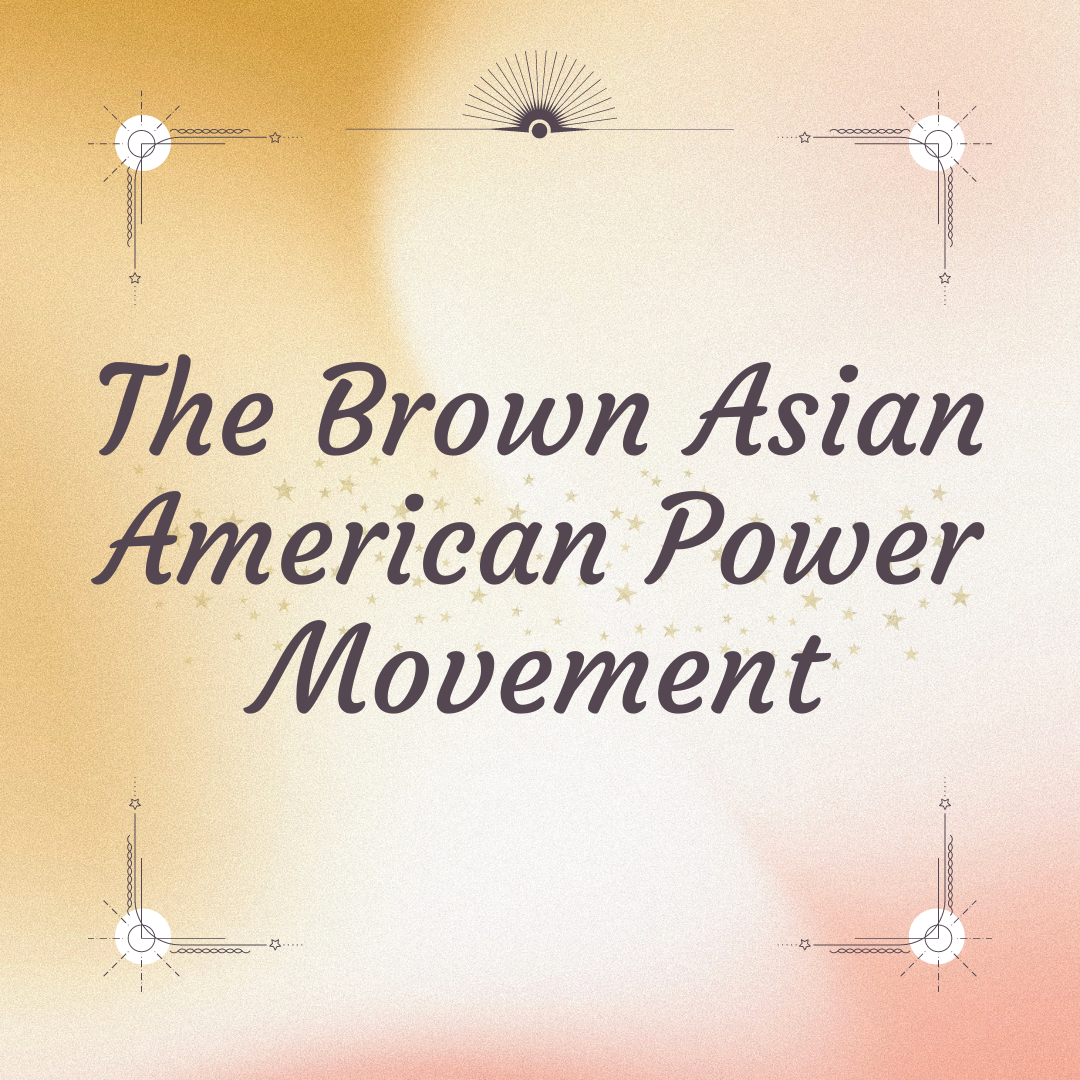
The Brown Asian American Power Movement
In this lesson plan, students will explore the under discussed Brown Asian American Power Movement. Students will learn how the South and South East Asians experience othering by East Asian groups as well as non-Asian groups, as well as the history of how Asian American social justice movements emerged. This lesson plan will also build student’s skills in literary analysis, argumentative writing, and research.

Let's Learn About AANHPI Calendars!
This hands-on, interdisciplinary lesson plan guides students through an exploration of calendars from around the world, including the Gregorian, the Chinese calendar, the Vikram Samvat, and the Saka Samvat and Hijri calendars. Following the provided interactive slides, students will learn about the geography, astronomy, math, and culture of each of these calendars and gain an appreciation of calendars used by AANHPI communities around the world.
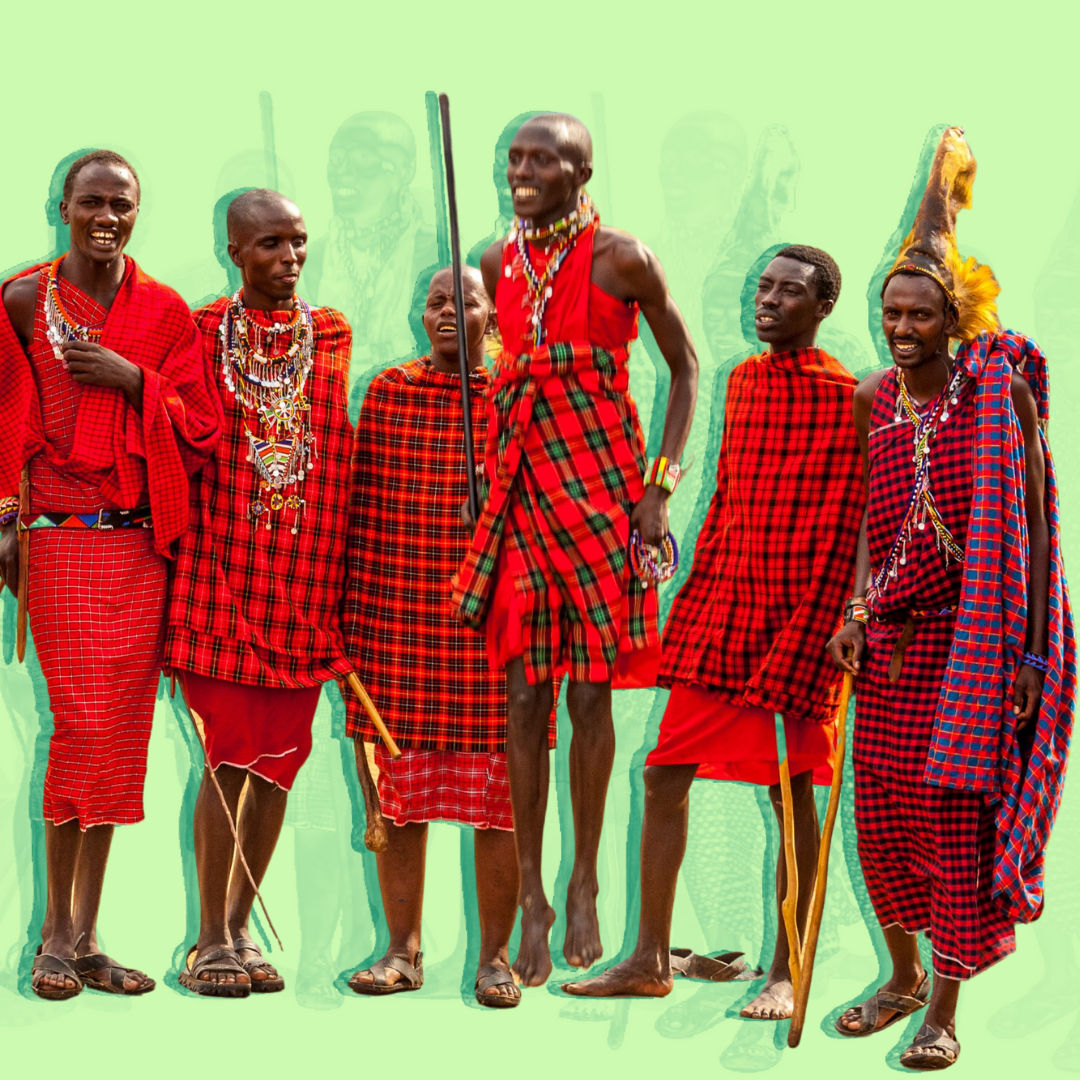
Ethnomath: Geometric Translations
In this lesson plan, students will learn about geometric translations in Maasai blankets and other African textiles. Students will have the opportunity to practice the concept of geometric translations while exploring these beautifully bold and colorful patterns. This is one of three geometry lessons that focus on ethnomathematics.
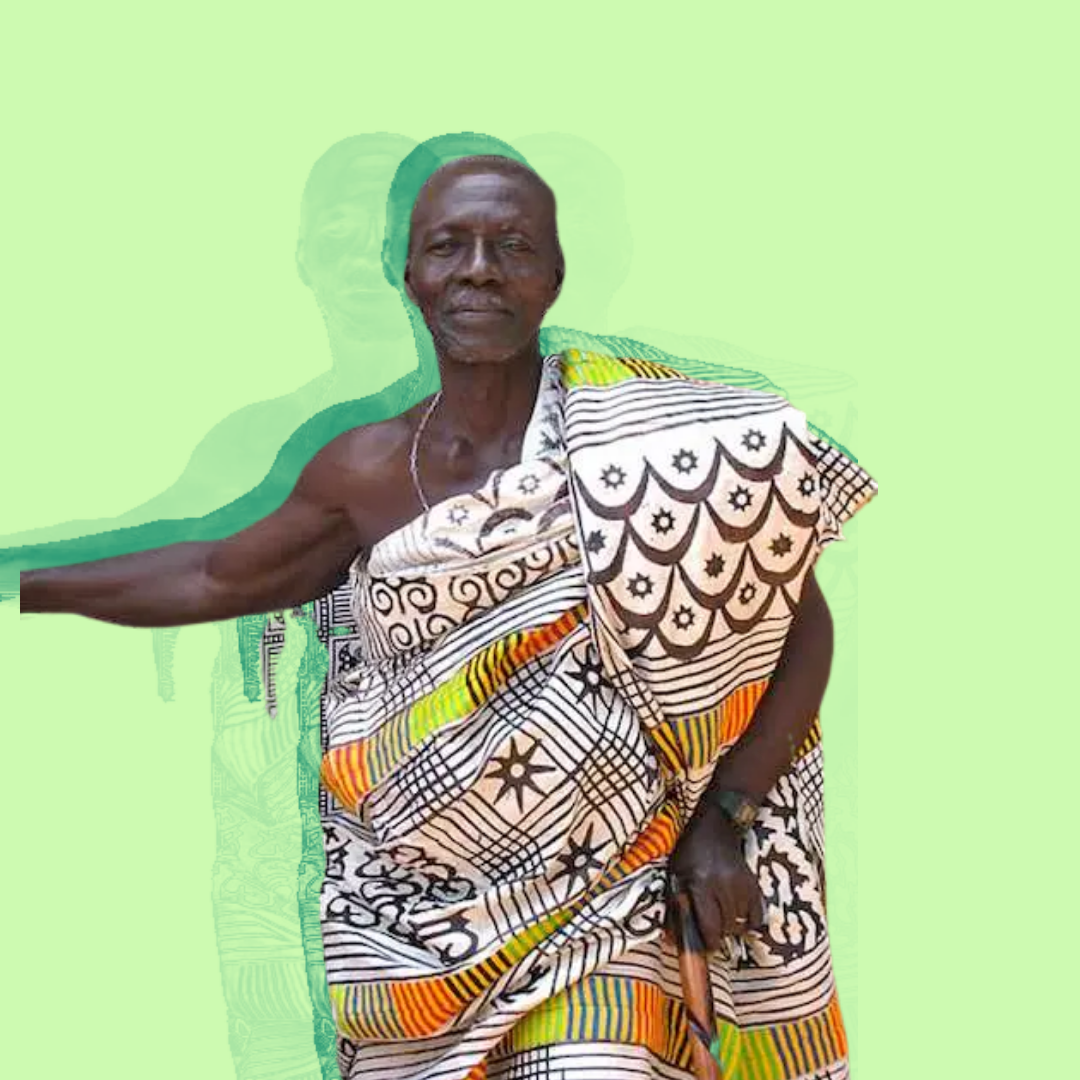
Ethnomath: Geometric Reflections
In this lesson plan, students will learn about geometric reflections in Adrinka symbols. Students will have the opportunity to practice the concept of geometric reflections while exploring these powerful and beautiful symbols. This is one of three geometry lessons that focus on ethnomathematics.
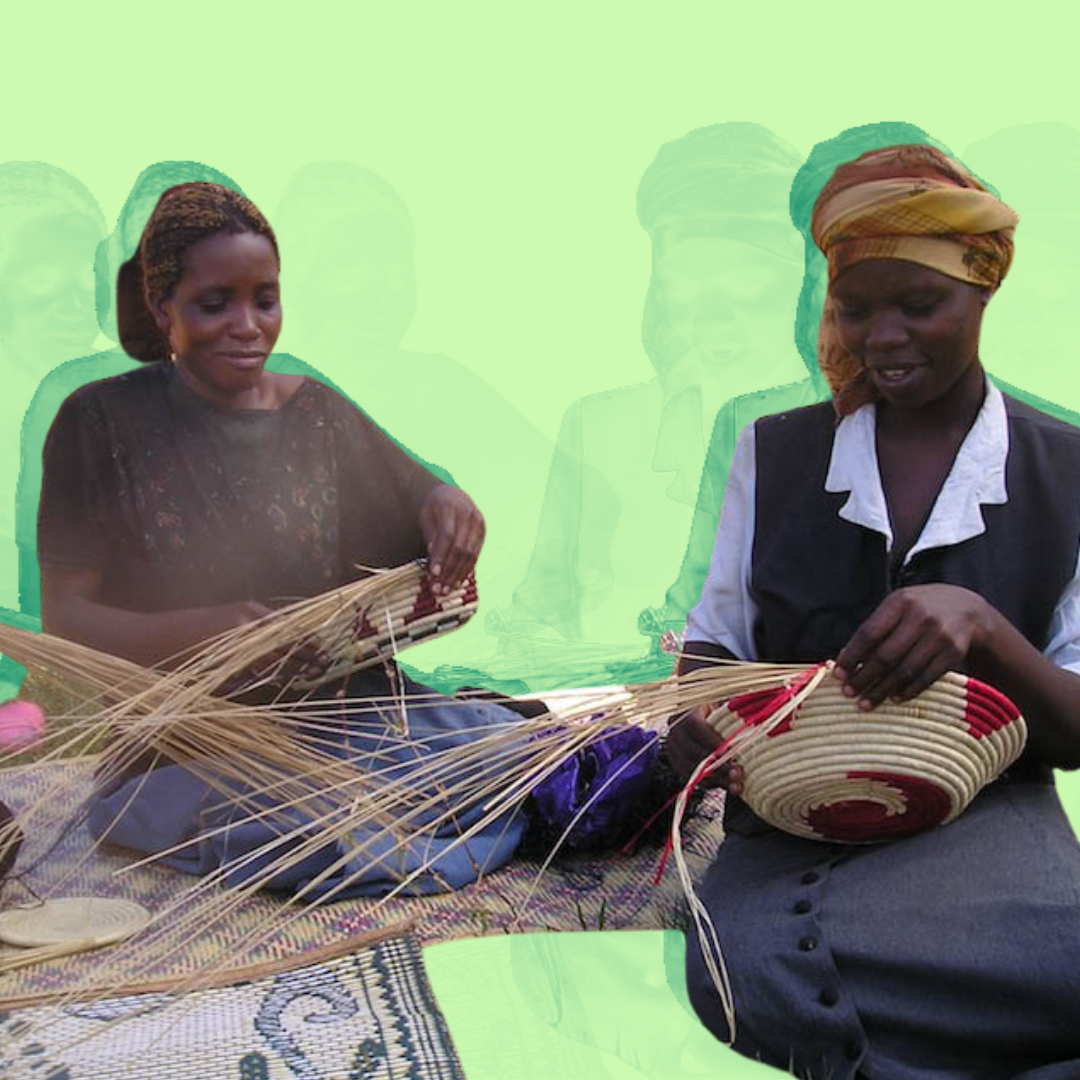
Ethnomath: Geometric Rotations
In this lesson plan, students will learn about geometric rotations in Ugandan and African baskets. Students will have the opportunity to practice the concept of geometric rotations while exploring these beautiful and functional baskets. This is one of three geometry lessons that focus on ethnomathematics.

Biology, Society, and Policy
This lesson plan is designed as an interdisciplinary exploration of the role of biology in the real world, both throughout history and today. Through guided discussions and small group research, students will discover the intersections between biology, society, and policy and become more aware of how science impacts their everyday life.

Exploring LGBTQ+/Immigrant Narratives Through Music
In this lesson plan, students will explore the various intersections between queerness, race, immigration, and gender identity through the literary analysis of music and other forms of educational media. Students will make connections to the general phenomena associated with being an immigrant and being part of the LGBTQ+ community while thinking critically about the identities of each respective group.

A Thousand Splendid Suns
In these lesson plans, students will gain a better understanding of the rich history and culture of Afghanistan, and be able to contextualize their texts in broader real-world events. By analyzing passages, employing critical thinking skills, and even writing their own poetry, students will learn about how others’ and their own identities affect the way they see the world.

La Serenata
Through a short film screening and/or a group reading of an illustrated book, high school students in social studies and other courses will learn about heteronormativity in history and music, reclaim the Mexican tradition of las serenatas and make space to affirm their queer peers.

Acting Out: Resisting Policed Performances of Gender
Students will gain a nuanced understanding of gender as a policed performance as well as the fight toward queer liberation through police abolition by reading, analyzing, comparing, and corroborating a number of foundational texts and commentary sources.

The Intersection of Colonialism and Gender & Sexuality
In this lesson, students will analyze the intersection between colonialism and sexuality, especially in the context of how colonial states use sex as a form of power and control. Students will utilize their critical thinking skills to learn about heteronormativity and the impacts of settler colonialism on Indigenous communities. Through small and large group discussions, students will explore topics covering imperialism, sexuality, and watch videos relating to how federal policies seek to reinforce hetero-patriarchy within the United States.

Analyzing Queer Dance
In this lesson plan, students will analyze the work of queer choreographer Sean Dorsey. Through a guided lecture and socratic seminar, students will explore how dance and movement tell stories and the impact dance can have on society, self-expression and activism.

Romeo and Juliet: Analyzing Person vs. Society Themes Through a Queer Lens
In this lesson plan, students will analyze how social pressures impacting men, women, queer people, and BIPOC folks can prevent those who love each other from being together. Through reading, discussion, and creative writing assignments, students will analyze Romeo and Juliet through different lenses to gain a deeper understanding of the text and Elizabethan society as a whole.

Human Impact of World War II
In this lesson, students will look at sources related to the atrocities committed during World War II, utilizing their critical thinking skills to recognize that war is inherently rooted in modes of oppression, and oftentimes has no clear ‘good’ or ‘bad’ side. Topics covered include sexual violence in WWII, Japanese-American internment camps, and the effect of imperialism on Asia-U.S. relations.

Children of Blood and Bone
Students will analyze the anthropological construction of race and biological determinism as a force of colonization, enslavement, and imperialism. Students will also explore the role of radical imagination and Afrofuturism in shaping and transforming Black futures and locate “Children of Blood and Bone” within the canonical legacy of Afrofuturism.

Between the World and Me
In this lesson plan, students will gain an understanding of primary and secondary resources through an anti-racist lens with Between the World and Me, and further get the chance to see how primary and secondary resources impact the historical processes.

Just Mercy
Students will explore the American justice system and the power of identity and community. Lessons focus on analyzing the author's purpose, structure of evidence, and constructing arguments.

I Am Not Your Perfect Mexican Daughter
Lesson plans will cover themes of intergenerational conflict, womanhood, and privilege. Students will explore these themes through analysis of literary devices, independent research projects, and comparison of themes across multiple mediums.

Who did it first? The Pythagorean Theorem
In this lesson, students will take a trip through history to explore who discovered the Pythagorean Theorem. Along the way, they will practice applying the Pythagorean Theorem in word problems and will consider the impact of naming mathematical theorems.
Ideas for future lesson plans or topics? Want to share your knowledge and collaborate with Diversify Our Narrative?

